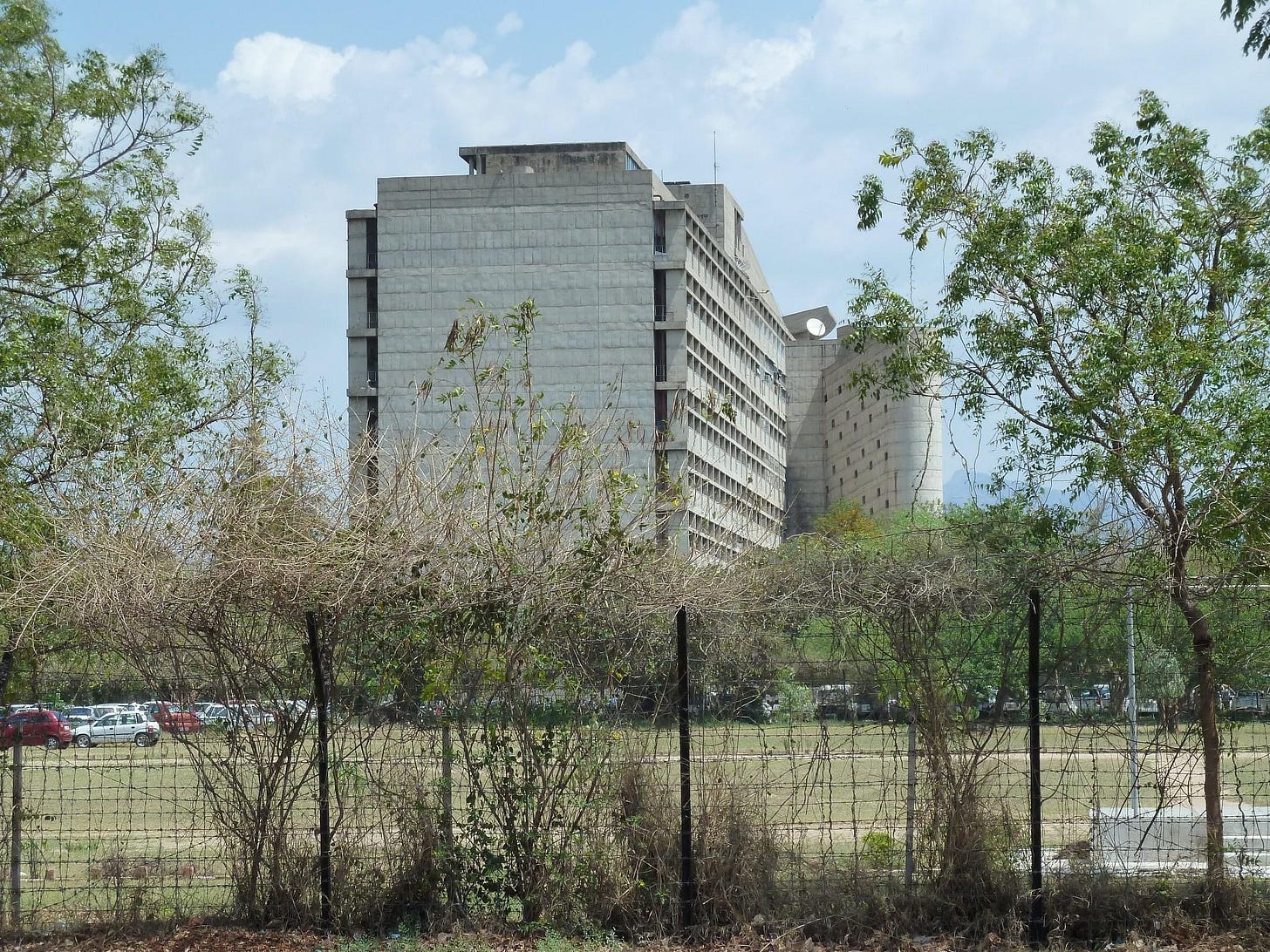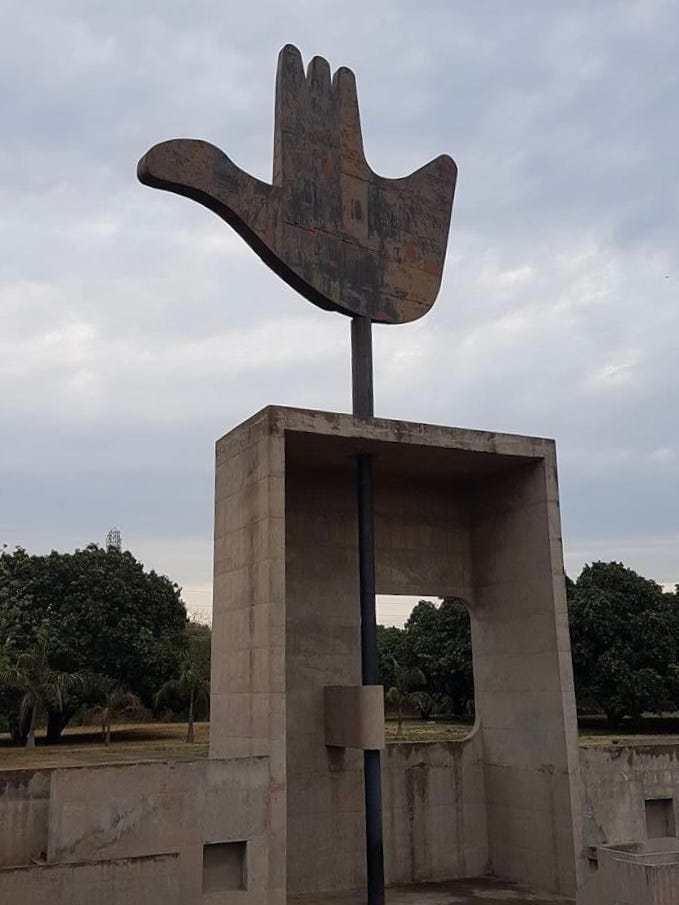Gram Panchayat Elections in Punjab: Strengthening Democracy at the Grassroots
Perception of Political Interference in Gram Panchayat Elections.
Perception of Political Interference in Gram Panchayat Elections
Gram Panchayat elections in Punjab, as in other parts of India, are frequently associated with perceptions of political interference. Allegations of ruling parties misusing state machinery or exercising undue influence are often voiced, particularly during the election campaign period. These claims, while not always substantiated, can sometimes overshadow the electoral process. The State Election Commission, a constitutional body, oversees these elections, supported by the district deputy commissioners and local administrative machinery, ensuring that the process adheres to statutory guidelines.
Despite the structural safeguards in place, the recurring perception of political manipulation can undermine public trust. Such perceptions, whether reflective of ground reality or not, often become tools used by opposition parties to score political points, derailing the focus from the core issue of grassroots democracy.
The Constitutional Importance of Panchayati Raj Institutions
The 72nd and 73rd Constitutional Amendments fundamentally altered the governance landscape of rural India by giving Panchayati Raj institutions constitutional status. These bodies now form the third tier of government, empowering local communities and ensuring representation at the grassroots. In Punjab, with over 12,000 Gram Panchayats, these institutions are particularly crucial as they directly influence village-level development and political discourse.
The significance of these Panchayats goes beyond administrative functions. In large villages like Mehraj in Rampura Phul tehsil of Bathinda district, for instance, a single village can have multiple Panchayats, reflecting the complex political dynamics at the local level. This structure serves not only as a tool for development but also as a platform where political aspirations are nurtured and expressed.
The Role of Free and Fair Elections in Strengthening Democracy
Free and fair Gram Panchayat elections play a pivotal role in reinforcing grassroots democracy. These elections are not just about choosing local representatives; they are a manifestation of democratic empowerment, allowing local communities to take charge of their governance. When the electoral process is perceived as fair, it fosters trust in democratic institutions and encourages active civic participation.
However, any perception of misuse of state machinery during these elections creates rifts in the rural social fabric. This can lead to long-term political ramifications, where the faction that feels marginalized or discriminated against becomes a force of opposition against the ruling party. Furthermore, the misuse of power during these elections can have a destabilizing effect on local governance, as the political loyalties of factions within villages shift, often driven by grievances rather than genuine political alignment.
A Historical Perspective: The 1993 Panchayat Elections in Punjab
The Gram Panchayat elections of 1993 are a historic example of how elections can help restore democratic order even in challenging times. Following the turbulent 1980s, Punjab had seen its democratic processes disrupted by terrorism and insurgency. When the Congress government, led by Sardar Beant Singh, came into power in February 1992, voter turnout was dismal, with polling percentages as low as single digits in some border constituencies.
Despite these challenges, the state government was determined to re-establish democratic governance at the village level. The decision to hold Gram Panchayat elections in January 1993, even while terrorism was still a significant concern, was a bold and courageous move. The prevailing wisdom, both from state and central intelligence agencies, was that these Panchayats, particularly in border areas, could become forums for subversive activities. Yet, the government took a stand that even flawed democracy was better than no democracy. It decided to proceed with the elections under the supervision of district commissioners, as there was no State Election Commission at that time.
I had the privilege of serving as the Deputy Commissioner of Amritsar during this critical period, which also included the present-day Tarn Taran district. With 16 development blocks, this area had the highest number of Panchayats in Punjab. I strongly advocated for free and fair elections, suggesting that the Sarpanch should be directly elected by the people, ensuring their legitimacy as village leaders. Additionally, we invited international press to observe the election process, particularly in sensitive border areas, to maintain transparency. I still recall accompanying a media team to the twin villages of Dug-Toot near the zero line in Ajnala Block, where almost 99% of the votes had been cast by the time we arrived.
These elections not only restored grassroots democracy but also played a critical role in stabilizing Punjab, particularly in the troubled border regions of Amritsar and Tarn Taran. The successful completion of these elections, followed by Panchayat Samiti and Zila Parishad elections, marked a significant step towards normalcy in the state.
Contemporary Concerns and the Need for Vigilance
As Punjab prepares for another round of Gram Panchayat elections, familiar concerns about the misuse of official machinery have resurfaced. Although anecdotal, reports of nomination papers being rejected on flimsy grounds and interference by local officials have begun to circulate. These issues are often linked to the actions of Block Development Officers (BDOs), who may withhold No Due Certificates (NDCs) or create other administrative hurdles for certain candidates.
The rejection of nomination papers on questionable grounds is particularly concerning because it leaves candidates with little immediate recourse. Once nominations are rejected and the election proceeds, the only option left is to file an election petition, a time-consuming process that provides no short-term relief. This is why it is imperative that election officials act with impartiality and ensure that all decisions are made transparently and in accordance with the law.
The Role of Local Elections in Shaping Political Loyalties
My over 3-decades of experience in Punjab’s governance, including as the Financial Commissioner for Rural Development and Panchayats, has taught me that local elections have a profound impact on political allegiances. Factions that feel excluded or discriminated against during the election process often work against the ruling party in subsequent elections. Interestingly, factions that are aligned with the ruling party are often quick to switch sides when the political winds change. This dynamic underscores the importance of ensuring that Gram Panchayat elections are conducted fairly and without bias. It is in the interest of all political actors to uphold the purity of the electoral process as outlined in the Constitution and the Punjab Panchayati Raj Act of 1994.
Empowering Panchayats Beyond Elections
While conducting fair elections is essential, the true empowerment of Panchayats comes after the elections are over. Sufficient devolution of powers, including financial resources and administrative functions, must follow. Despite the constitutional mandate, Panchayati Raj Institutions are often deprived of the necessary authority to carry out their responsibilities effectively. To function as envisioned, they require the "three Fs"—funds, functions, and functionaries. Without these, even the most democratically elected Panchayats remain ineffective, unable to deliver on the promises of local governance.
Gram Panchayats: A Legacy of Indian Culture
Gram Panchayats have been integral to Indian society since ancient times, serving as local institutions that not only facilitated governance but also ensured justice and fairness. In modern times, their role has expanded to include village-level development and dispute resolution. While elections can sometimes exacerbate divisions within a community, once the electoral process is complete, it is crucial for all factions to come together and accept the elected Sarpanch as the legitimate leader. The focus must shift from political contestation to collective village development.
Factionalism, particularly in the form of rival Sarpanch-led groups, is detrimental to the overall well-being of the village. Political parties and government officials alike must resist the temptation to exploit these divisions for short-term gains.
Summing Up
The Gram Panchayat elections in Punjab are a vital component of the state’s democratic framework. These elections provide a crucial opportunity to strengthen grassroots governance and empower local communities by enabling them to take charge of their development and governance. However, for this system to truly thrive, the electoral process must be safeguarded against any political interference or administrative manipulation. Ensuring a free, transparent, and impartial election is key to realising the true potential of Panchayati Raj institutions. These local bodies serve as the foundation of participatory democracy and must be allowed to function independently to fulfil their constitutional role.
Empowered Panchayats
Moreover, after the elections, the devolution of powers, including funds, functions, and functionaries, must follow to ensure that Gram Panchayats can operate effectively. The success of these elections will not be measured solely by how smoothly they are conducted, but by the tangible benefits they deliver to the people at the grassroots level. Empowering local bodies with the necessary resources and authority will enable them to address the needs of their communities and contribute to the overall development of the state1.
Mahatma Gandhi’s Dream
As we pen this article on the occasion of Gandhi Jayanti, we cannot help but reflect on the vision and dream of Mahatma Gandhi, who conceptualised India's villages as "micro-republics" with Gram Panchayats at the helm of affairs. He envisioned self-reliant, self-governing village communities as the backbone of India’s democracy. While this dream may not yet have been fully realised, the constitutional mandate in favour of Panchayati Raj Institutions (PRIs) at the village, block, and district levels provides a framework to move closer towards this ideal. Collectively, we must work towards actualising Gandhi's vision by ensuring that these institutions are empowered, transparent, and responsive to the needs of the ultimate sovereign— the people they represent and serve.
Punjab Governance: Lessons from the Suspension Saga of IAS Officers.
The Intricacies of the IAS Suspensions: Not Just a Punjab Affair








ਇਹ ਚੋਣ ਸੱਤਾਧਾਰੀ ਪਾਰਟੀ ਦੀ ਮਰਜ਼ੀ ਅਨੁਸਾਰ ਹੀ ਹੁੰਦੀ ਹੈ। ਧੱਕੇਸ਼ਾਹੀ, ਪੈਸੇ ਦੀ ਵਰਤੋਂ, ਕਤਲੋਗਾਰਤ, ਨਸ਼ਿਆਂ ਦੀ ਵਰਤੋਂ, ਲੜਾਈਆਂ ਝਗੜੇ ਚੋਣਾਂ ਦੇ ਨਤੀਜੇ ਤਹਿ ਕਰਦੇ ਹਨ। ਇਸ ਵਿੱਚ ਲੋਕਤੰਤਰ ਦੀ ਨਾਂ ਦੀ ਕੋਈ ਚੀਜ਼ ਨਹੀਂ। ਪਿੰਡਾਂ ਦੀਆਂ ਗ੍ਰਾਂਟਾਂ ਖਾਣ ਦੀ ਲਾਲਸਾ ਵਾਲੀ ਬਿਰਤੀ ਵੀ ਇਸ ਵਿਗਾੜ ਵਿੱਚ ਵੱਡਾ ਰੋਲ ਅਦਾ ਕਰਦੀ ਹੈ।
ਹਰ ਚਲੰਤ ਮਾਮਲੇ ਤੇ ਵਿਸਥਾਰਿਤ ਜਾਣਕਾਰੀ ਭੇਜਣ ਲਈ ਧੰਨਵਾਦ ਜੀ
…….BIG CLAIMS in respect of grassroots governance and empowering local communities, have all proved to be mirage in real terms……befooling others and live in self befooling, are business of the day….